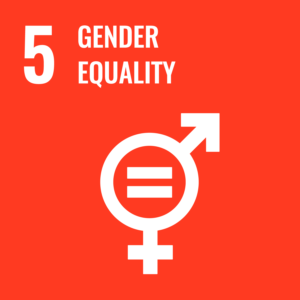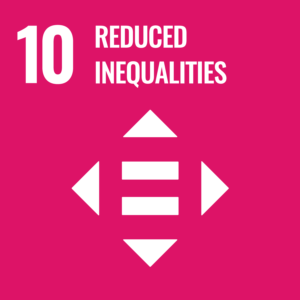Connect-Ed
Connect-Ed is developing a youth platform to bridge the digital divide in Kazakhstan by providing children with the necessary equipment and digital literacy training.
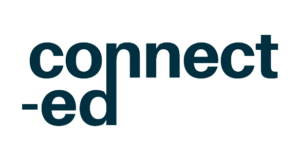
Year founded
2020
Location
Kazakhstan
Sector
Education
Stage
Scale-up & growth
Members

Gulnaz Kordanova
Director and co-founder

Bayan Nabiyeva
Operational manager

Nessie Kozhakhmetova
Partnerships Manager

Ayaulym Torebekkyzy
Digital Literacy Coordinator

Gaukhar Aliyeva
Partner and Donor Relations Specialist

Balnur Tazhikhan
Marketing Specialist

Shadiyar Makisheva
Project coordinator

Nazgul Zhanaidarova
Data Analyst

Nurtas Tasin
Collection and dispatch coordinator

Tomas Akynov
IT specialist

Oxana Sakagami
Marketing Specialist

Ainura Halliollaeva
Design specialist

Zaiida Nasyr
Accountant

Edige Kinayat
Videographer
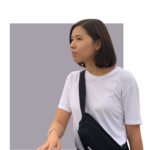
Amina Zhemeney
Translator
The problem
Children in Kazakhstan face various challenges in terms of digital equality, including a lack of equipment and knowledge, resulting in poor digital competence. More than 10% of all schoolchildren in Kazakhstan, equalling around 300 000 children, do not have computers at home. According to World Bank data, 6 out of 10 students were functionally illiterate in Kazakhstan in 2019. The COVID pandemic has worsened the situation, since many children, particularly those from remote areas or low-income families, have been deprived of the opportunity to interact and learn.
The solution
Connect-Ed‘s strategy is to achieve digital equality through computer equipment redistribution and online learning. The team developed an online platform through which people and companies can donate equipment (computers, tablets, smartphones, etc.) for children. Following a comprehensive assessment, the equipment is redistributed among children in all regions of Kazakhstan, with particular attention to low-income families, children with special educational needs, children without parental care and children from rural areas. The second component of the project is the education of children, which is conducted via an online platform. The training focuses on developing digital skills and is supported by on-going team assistance.
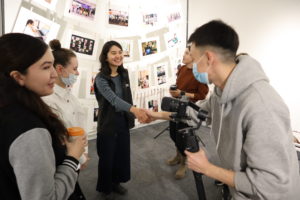
Impact
The Connect-Ed initiative encourages donating and recycling used equipment and reduces the carbon footprint. Instead of throwing laptops away, companies and individuals can donate them to children in need. At this moment, 223 equipment units have been given to children in Kazakhstan.
The team strives for equitable and inclusive education for all kids and to reduce social and economic inequalities, promoting digital tools and #techforgood. Within the project, almost 1000 children in Kazakhstan now have access to digital equipment.

